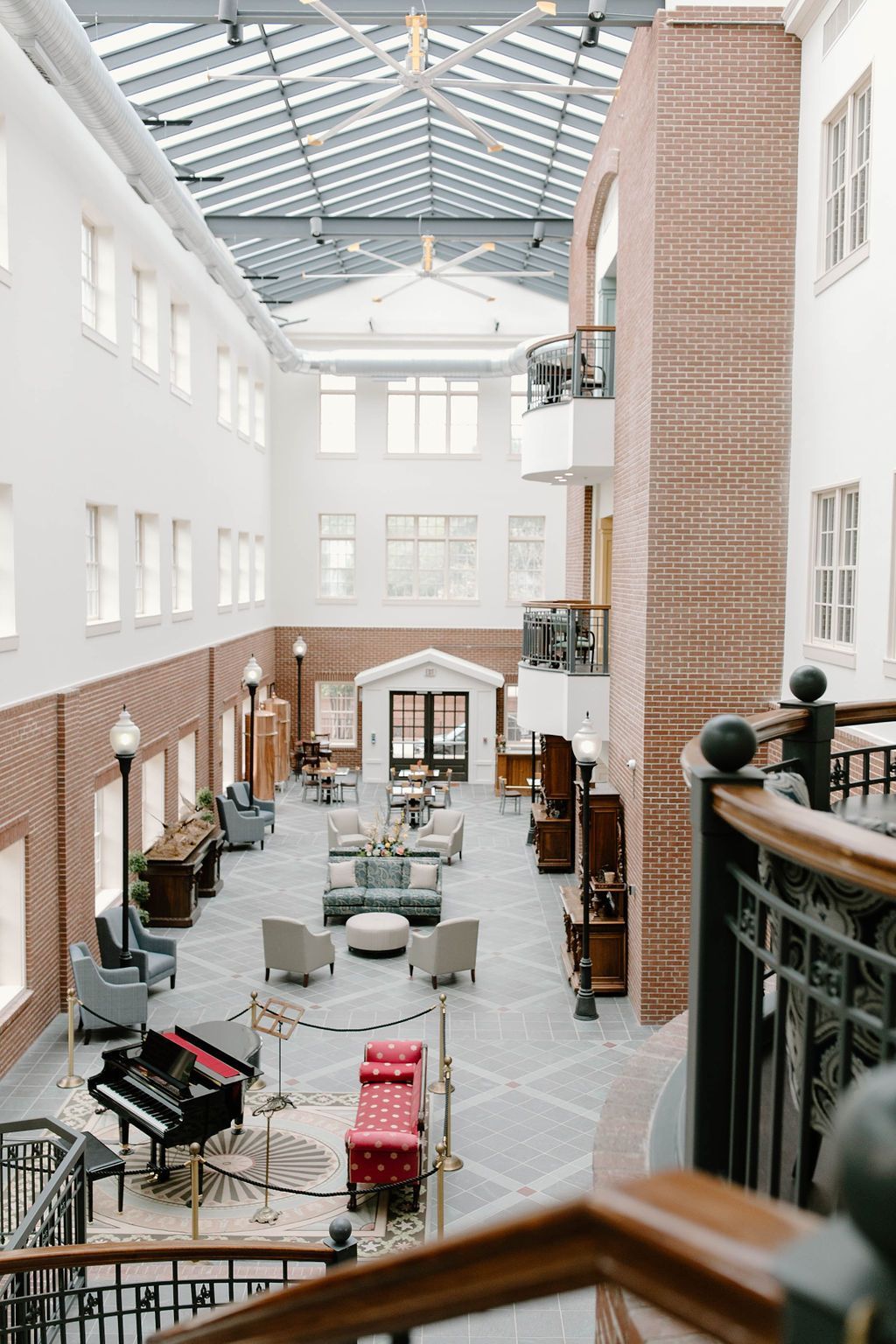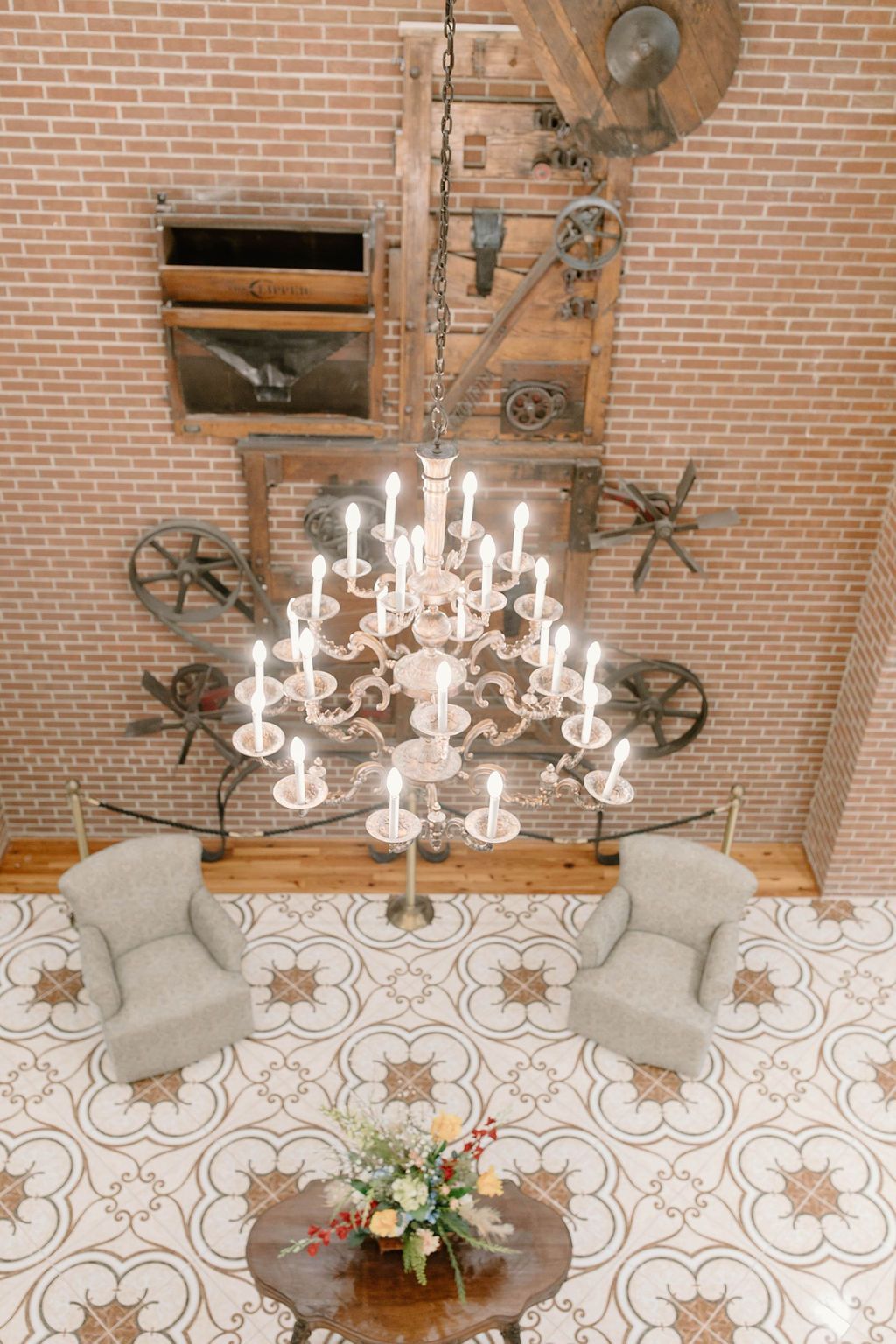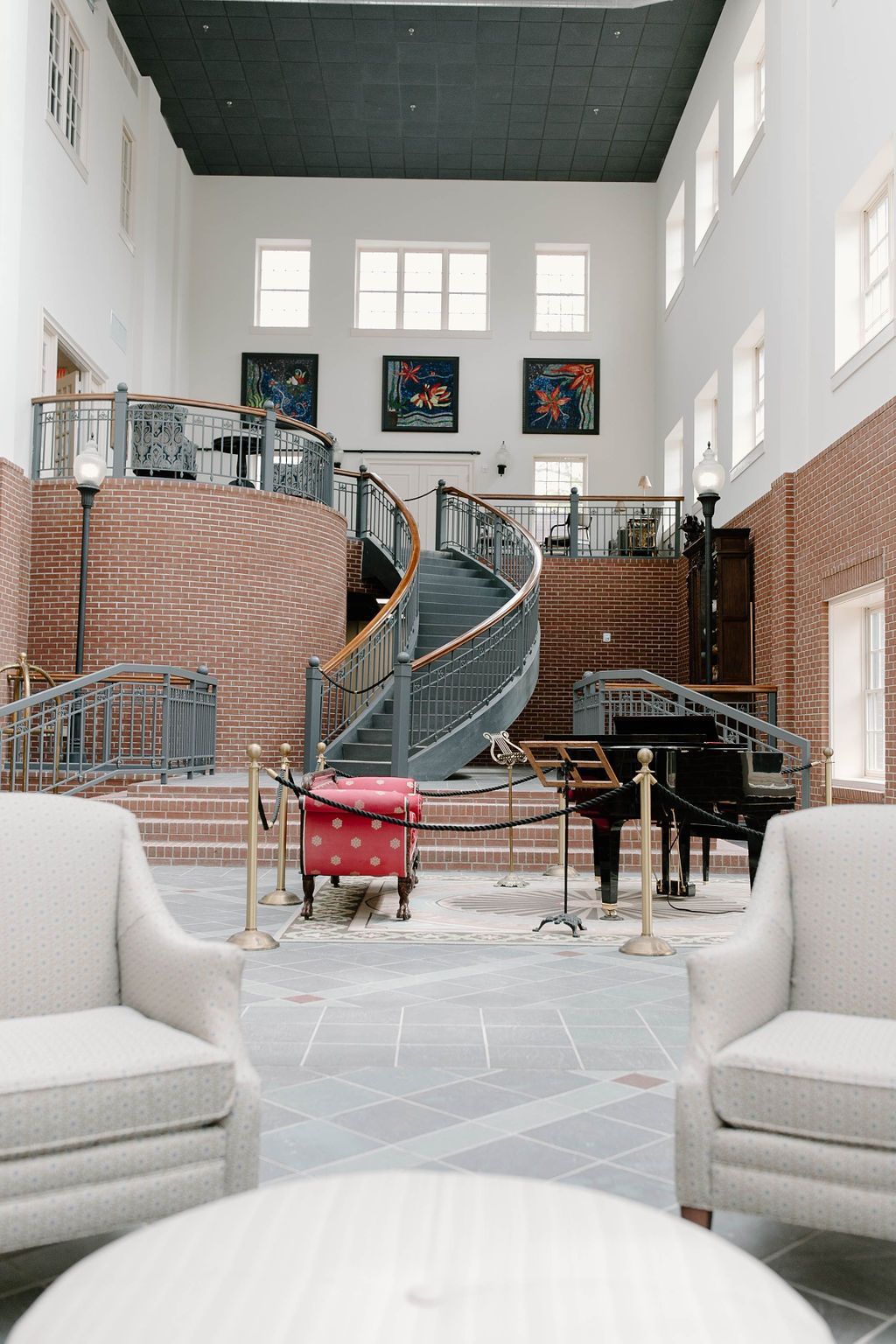Resources/FAQs
Senior Living Resources
- Alzheimer’s Foundation of America
- Caregiver’s Guide to Understanding Dementia Behaviors
- Benefits Guide 2018 for Older Georgians
- Alzheimer's and Dementia Care Tips for Daily Tasks - Mayo Clinic
Senior Living FAQs
-
How does Assisted Living work?
If you’re just starting to look for senior living options you’ve come to the right place. Our staff can guide you through every step. Generally seniors or their families turn to senior living communities when help is needed with activities of daily living (aka ADL’s) such as cooking/eating, dressing, bathing, toileting or transferring. The Madison Assisted Living care staff will provide assistance with the ADL’s as well as housekeeping, laundry, maintenance and repairs. The communities also provide activities to keep the residents engaged. Every community is different so be sure to ask details about how each program is structured.
-
How can I help my parent transition to an Assisted Living community?
It’s suggested that you ask questions to start the conversation. We recommend asking these questions over time, not all at once. Some sample questions: Is your home still suiting your needs? Are there security issues or stairs that are a concern? Do you need help with household chores? Are you still able to cook your favorite meals? Do you feel comfortable driving? Is it a bother to get your medications refilled and are you taking them correctly? Have you seen your doctor lately?
Additionally, changes in behaviors such as disinterest in past hobbies, sudden weight loss or trouble eating, difficulty bathing/grooming, or falls within the home or yard can be an indicator that it may be time to consider assisted living. If you notice disorganization within the home, difficulty following conversations or suspect that memory loss could be affecting your loved one’s daily routine, it may be time to seek advice from a physician.
Assisted Living communities have many benefits when compared to living at home. Staying at home alone all day can be quite lonely. The social engagement and activities help keep seniors active and exercise cognitive skills. With someone taking over all the cooking, housekeeping, maintenance and yard duties the risk of falls/injuries is greatly reduced. Focus on the positive. Most importantly, remind your loved ones that you will visit them often. Come enjoy a meal or accompany them on a community outing.
-
How does your community differ from those that require and entrance fee?
Many Assisted Living communities charge a move-in fee ranging from $500-$2,500 while Continuing Care Retirement Communities (CCRC) charge an entrance fee typically ranging from $100,000 - $1,000,000. CCRCs allow seniors to age in place by transitioning from independent living to assisted living to a nursing home all within the same development. While CCRCs have their benefits, the high entrance fees are sometimes a financial challenge and refunds of these high fees may or may not be eligible. Our Assisted Living community makes the financial transition a bit easier and monthly fees ensure you only pay for what you use.
-
What is offered through the Assisted Living / Senior Living Community?
Each community may vary in what they offer so be sure to ask and review your options. At The Madison Assisted Living our fees cover rent, utilities, maintenance, light bulbs, toilet tissue, individually washed laundry, housekeeping, phone/internet/cable, mail service, and access to community amenities. Through individualized care plans, we provide assistance with ADL’s (bathing, grooming, toileting, feeding, transferring) as well as medication management.
Our wellness center includes a fitness center, spa, salon, cognitive therapy and medical exam/treatment room. We also offer a resident operated gift shop allowing residents to partake in a job if they wish. We provide three balanced meals per day and two snacks as well as a schedule full of activities to keep seniors engaged. The Madison Assisted Living also offers transportation for community outings as well as individually scheduled transportation to medical appointments. Our senior living community partners with physical therapist, occupational/speech therapist, home health nurses, hospice agencies and medical providers who come on site to treat our residents. Families and residents often enjoy the convenience of these services brought right to their door.
-
What is the difference in a Nursing Home Skilled Nursing Facility (SNF) and Assisted Living (AL)?
- Skilled Nursing Facilities/Nursing Homes provide 24/7 nursing care for those requiring specialized medical care. About 25% of stays are short-term (aka convalescent care) required after a hospitalization, surgery, or injury where specific therapy or medical treatment is required. The remaining patients are there in a more permanent capacity required for ongoing treatment for wound care, ventilator/respiratory therapy, IV medication, feeding tubes, advanced stage pressure ulcers, physical/speech/occupational therapy, pharmacy/radiology/laboratory services or end of life hospice care. Medicare will typically cover a fixed number of days then drop back to only paying a portion of the daily rate and cease coverage after 100 day period. Medicaid will typically cover 100% for long term stays. Many SNF have shared rooms and are more institutional with hospital beds/medical furnishing while Assisted Living communities are more home like and allow residents to bring their own furniture (hospital beds can be arranged) and decorate their personal space.
- Assisted living services typically provide assistance with bathing, dressing, grooming, medications, and meal preparation. This support is provided in a setting that is, by design, residential in nature and is intended not to be temporary. The beauty of assisted living services is that they are there and available on the days that you might not be feeling up to par however, there is a definite focus on encouraging as high a level of independence as possible for the residents that choose to live in assisted living. This means that assisted living residents continue to enjoy the freedom to set their own schedules and pursue hobbies and interests as they choose. Assisted Living is not covered by medical insurance. Long term care insurance typically provides benefits for assisted living and Veterans/Spouses may be eligible for assistance through the VA Aid & Attendance benefit. We love this site for explanations on how to pay for various types of senior care: https://www.payingforseniorcare.com/
-
What is the difference in a Personal Care Home (PCH) and Assisted Living (AL)?
PCHs and ALs are very similar, however, be sure to ask how your facility is licensed and understand how the differences may impact you. Other than size and more stringent fire and building codes, the primary difference is that Assisted Living communities allow a resident to “Age In Place” or stay longer reducing the number of moves over a period of declining health.
Assisted Living communities have different state requirements allowing their certified medication aides to offer more services related to medication administration that what you might find in a PCH. Additionally, quarterly quality/process checks by a licensed pharmacist are required in Assisted Living and not required in Personal Care Homes.
Both solutions offer support for seniors and have their benefits. Be sure to research your options and find the best fit for your situation.
-
What is your staffing process?
All team members must pass a criminal background check. We check references on all applicants and perform pre-employment and random drug screening. Our team has an extensive orientation program and completes rigorous initial and ongoing training. Team members providing direct care to residents are also required to have TB screening and are offered flu and covid vaccinations.
We employ Certified Medication Aides to administer medications to each resident and document in an electronic medication record system. CMAs must be certified by the State of Georgia and they undergo continuous competency checks. Our CMAs are also monitored by our Wellness Director and our local Pharmacist.



Quick Links
Have Questions?
Contact Us
We will get back to you as soon as possible.
Please try again later.


